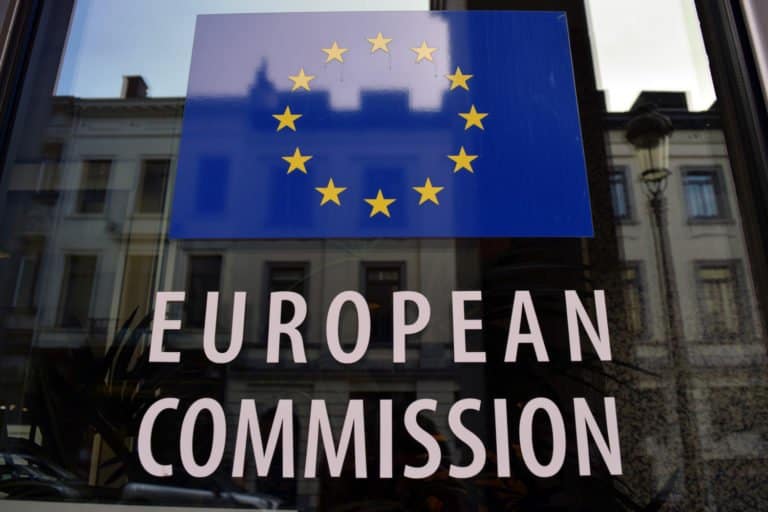The Commission rushes to the rescue of the beleaguered Irish privacy regulator.
Amid mounting criticism of Ireland’s privacy watchdog, top European Commission official Didier Reynders has come to Dublin’s defense. He is rejecting calls to penalize the country over claims it has failed to uphold Europeans’ privacy rights.
The defense, in a letter to MEPs obtained by POLITICO, comes after lawmakers including Sophie in ‘t Veld and Tineke Strik from the Netherlands and Cornelia Ernst and Birgit Sippel from Germany urged the EU executive to open a disciplinary procedure against Dublin.
But Reynders, a Belgian former finance minister who’s now in charge of overseeing the GDPR, dismissed their arguments. He maintained that Dublin was right to proceed cautiously in a number of cases, including a major one targeting Facebook.
Dublin is accused of “going easy” on U.S. Tech Giants
Reynders’ letter comes as the Irish tech regulator faces withering criticism. Specifically, other EU states claim it’s failing to uphold Europeans’ privacy rights. Moreover, the agency is going too easy on Facebook, Google and other tech giants in its jurisdiction.
The flap is based on the fact that the regulator, the Irish Data Protection Commission (DPC), had pushed to allow social media networks to target users with personalized advertising without obtaining consent. They had the right to do this, said the DPC, based on the performance of a contract.
Other European data protection agencies shot down this argument. One even said that the Irish interpretation “undermines the system and spirit” of the GDPR.
Reynders went on to highlight enforcement action against Big Tech by the Irish DPC. He noted that the Irish agency has submitted seven cases to the EDPB. These include a case that resulted in a €225 million fine for WhatsApp.
“These high-level cases against big techs are only part of the activity of the Irish DPC,” he said. “We have not so far identified issues with the Irish data protection rules or have evidence that these rules have not been respected.”
The Irish regulator has refuted claims it represents tech industry interests as being “absolutely incorrect.”
